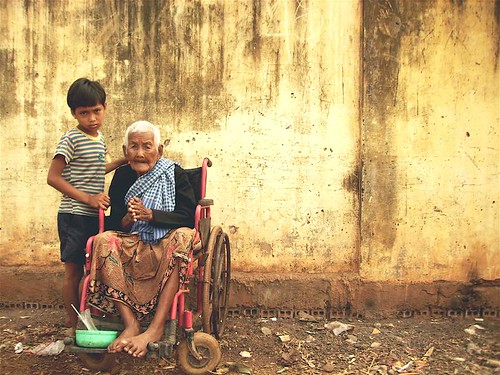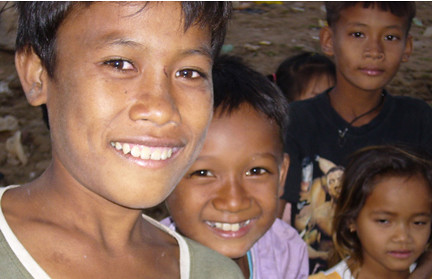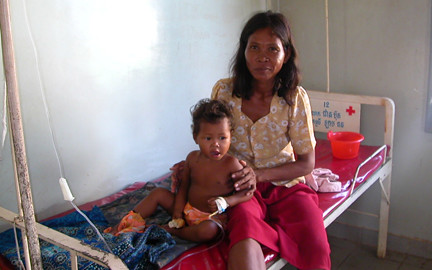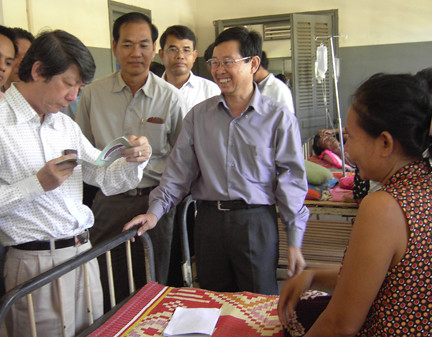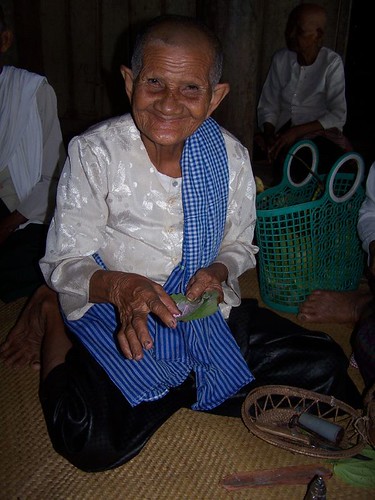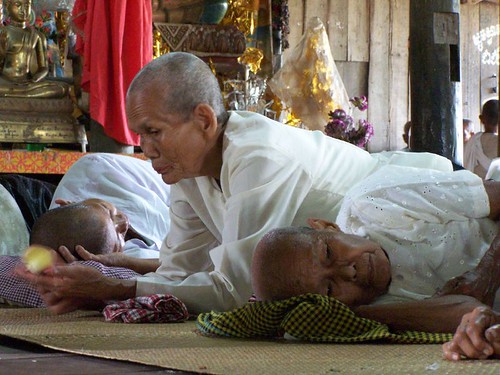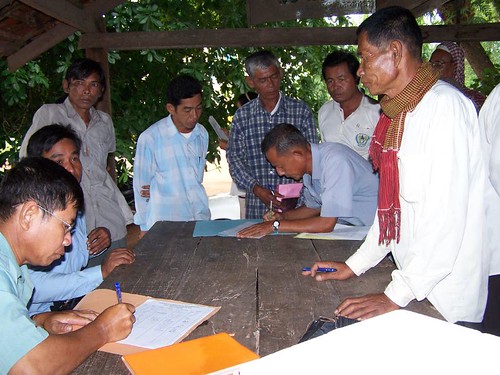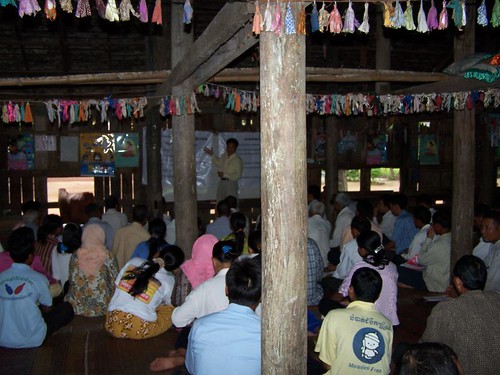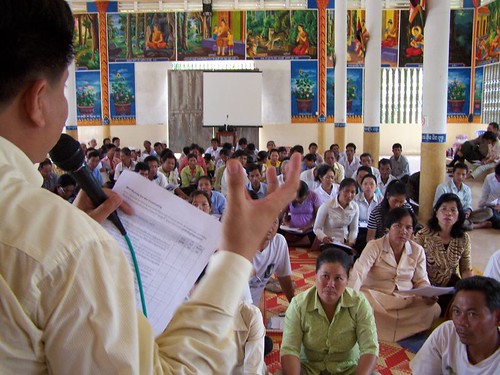Ah, to have your quality of life ranked barely a notch better than that of someone living in Tehran… I do wonder about some things.
How do people here stay competitive given that our work is in/with the least developed part of the world? I can imagine one day returning to “civilization”, in which case running descriptives on SPSS as the extent of my statistical skills might not be sooo impressive. If I were to go into the commercial sector would I be marketable?
On another note. Given that Cambodia is slow on the uptake of adopting technology for mass consumption, I’m feeling left out of the cultural loop. There was also an article in The Economist on the virtual epidemiology research conducted in the synthetic worlds of Second Life and World of Warcraft. I barely have a moment’s internet time to sign up for Facebook let alone check out the allure of these communities. Meanwhile the IRS is exploring tax opportunities in these economies. And Reuters even has bureau chiefs there.
Wow.
